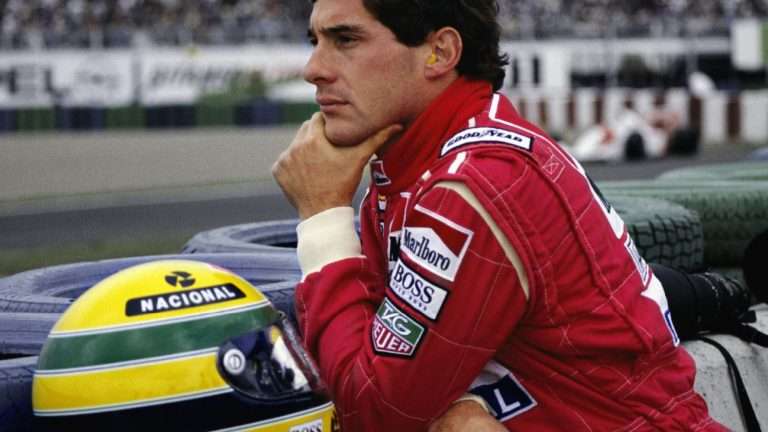Chicken Road captivates players with its high-stakes hopping mechanics, where every decision teeters on the edge of triumph or disaster, much like the masterful buildup in suspense cinema. This game, launched in 2024 by InOut Games, transforms simple taps into intense psychological battles, drawing clear parallels to films that thrive on uncertainty and risk. By examining these connections, we see how both mediums hook audiences through shared elements of dread and decision-making.
Building Dread: Parallels with Jaws’ Underwater Menace
Chicken Road’s core tension stems from its grid of manhole covers, where a chicken must hop carefully to avoid plunging into flames, with multipliers rising slowly but surely. This mirrors the deliberate pacing in Steven Spielberg’s Jaws, where the shark’s threat builds through subtle hints like distant fins or eerie music, keeping viewers on edge. Players face a similar slow burn, deciding whether to press on for higher rewards or cash out, as the game’s procedural generation creates unpredictable pitfalls akin to the ocean’s hidden dangers. In both, absence amplifies fear—the unseen drop below the covers or the lurking predator—turning anticipation into a visceral experience.
High-Stakes Choices: Echoes of Casino Royale’s Poker Drama
The game’s decision points, where players weigh greed against safety mid-hop, evoke the intense bluffing in Martin Campbell’s Casino Royale, with James Bond navigating high-limit poker against Le Chiffre. Each card reveal in the film heightens stakes, much like Chicken Road 2 climbing multipliers that tempt with 50x payouts but risk total loss. Dual-bet features allow splitting stakes for partial security, paralleling Bond’s strategic folds to preserve his chip stack for bigger plays.
Key Psychological Overlaps
- Risk Assessment: Players hover over taps, mirroring Bond’s calculated stares during bets.
- Near-Misses: Wobbling covers that hold echo almost-revealed hands that turn fortunes.
- Emotional Highs: Cash-outs trigger relief, like surviving a bluff in the movie’s climax.
Why It Resonates
These elements create a personal investment, with customizable avatars in the game adding vulnerability, similar to Bond’s exposed emotions amid the glamour.
Climactic Rushes: Speed’s Adrenaline Compared
Chicken Road delivers explosive payoffs when a perfect run yields massive multipliers, reminiscent of the non-stop action in Jan de Bont’s Speed, where a bomb-rigged bus must maintain velocity or detonate. The game’s fiery bust animations parallel the film’s near-explosions, with each hop building momentum like the bus’s daring leaps. High-rollers chasing 100x returns experience the same pulse-racing urgency as Jack Traven’s split-second maneuvers.
| Element | Chicken Road | Suspense Film Example | Shared Tension Mechanic |
| Buildup | Slow multiplier climb across covers | Jaws’ underwater shadows | Gradual reveal of danger |
| Decision Point | Hop or cash out at 4x | Casino Royale’s river card | Weighing risk vs. reward |
| Climax | 50x payoff or fiery plunge | Speed’s freeway jump | Explosive resolution |
| Psych Twist | False safe patterns | Silence of the Lambs’ mind games | Illusion of control |
| Payoff | Confetti on wins | Triumphant escapes | Dopamine rush from survival |
Mind Games: The Silence of the Lambs’ Influence
Chicken Road employs subtle patterns that lure players into overconfidence, only to subvert expectations with random flips, much like the intellectual traps in Jonathan Demme’s The Silence of the Lambs. Hannibal Lecter’s probing dialogues draw Clarice into vulnerability, paralleling the game’s ghost hops that tempt mimicry of others’ paths, often leading to collective crashes. The provably fair RNG ensures math-driven fairness, but the sunk-cost fallacy grips tightly, echoing the film’s quid pro quo exchanges that deepen entanglement.
Conclusion
Chicken Road and suspense films share a profound ability to captivate through layered tension, turning ordinary moments into edge-of-your-seat experiences. By blending psychological depth with high-stakes decisions, both mediums keep audiences engaged and reflecting long after the action ends. As gaming evolves in 2025, these parallels highlight why such thrills endure across entertainment forms. Ultimately, responsible play ensures the excitement remains enjoyable without crossing into real-world risks.




